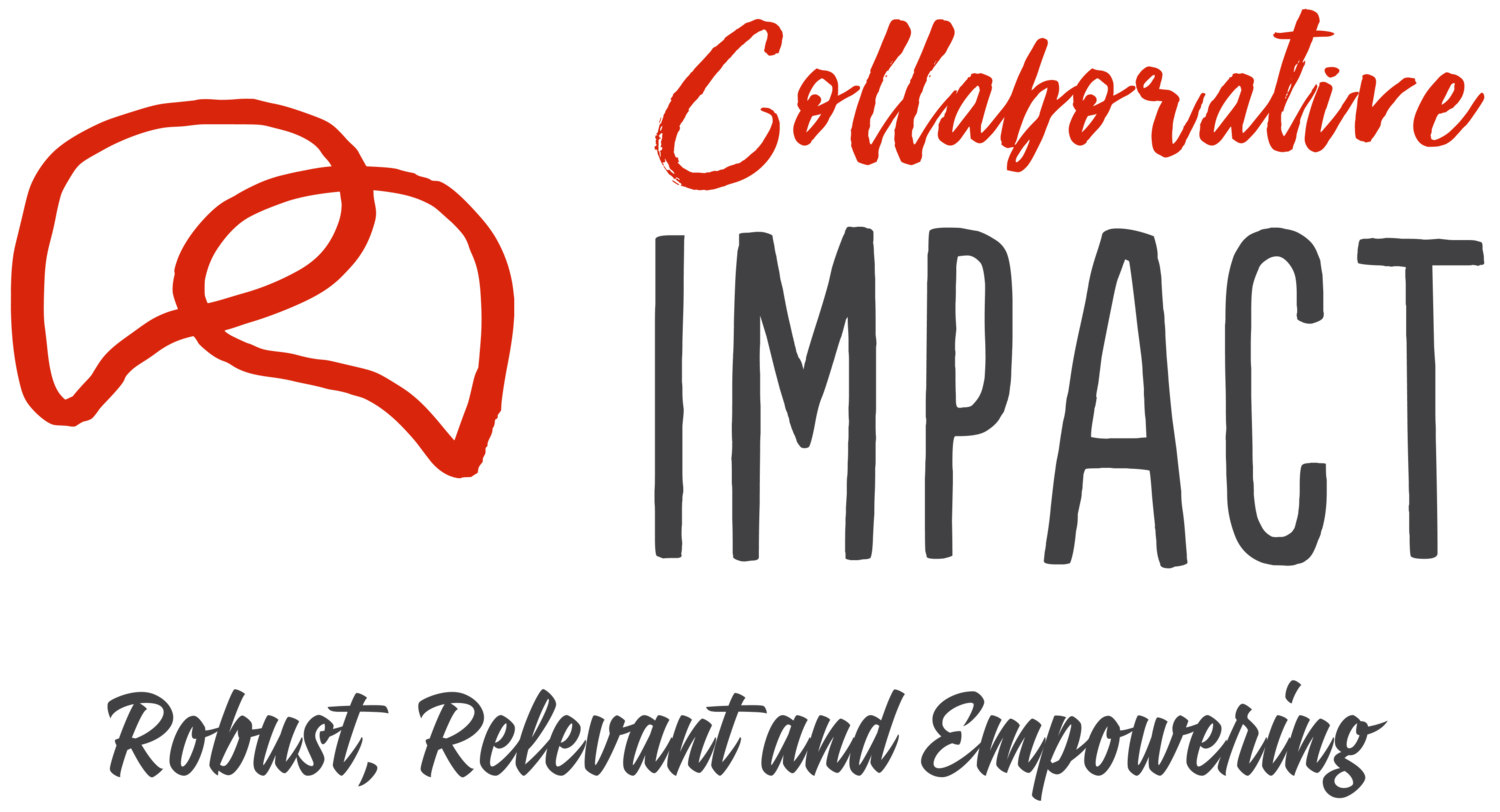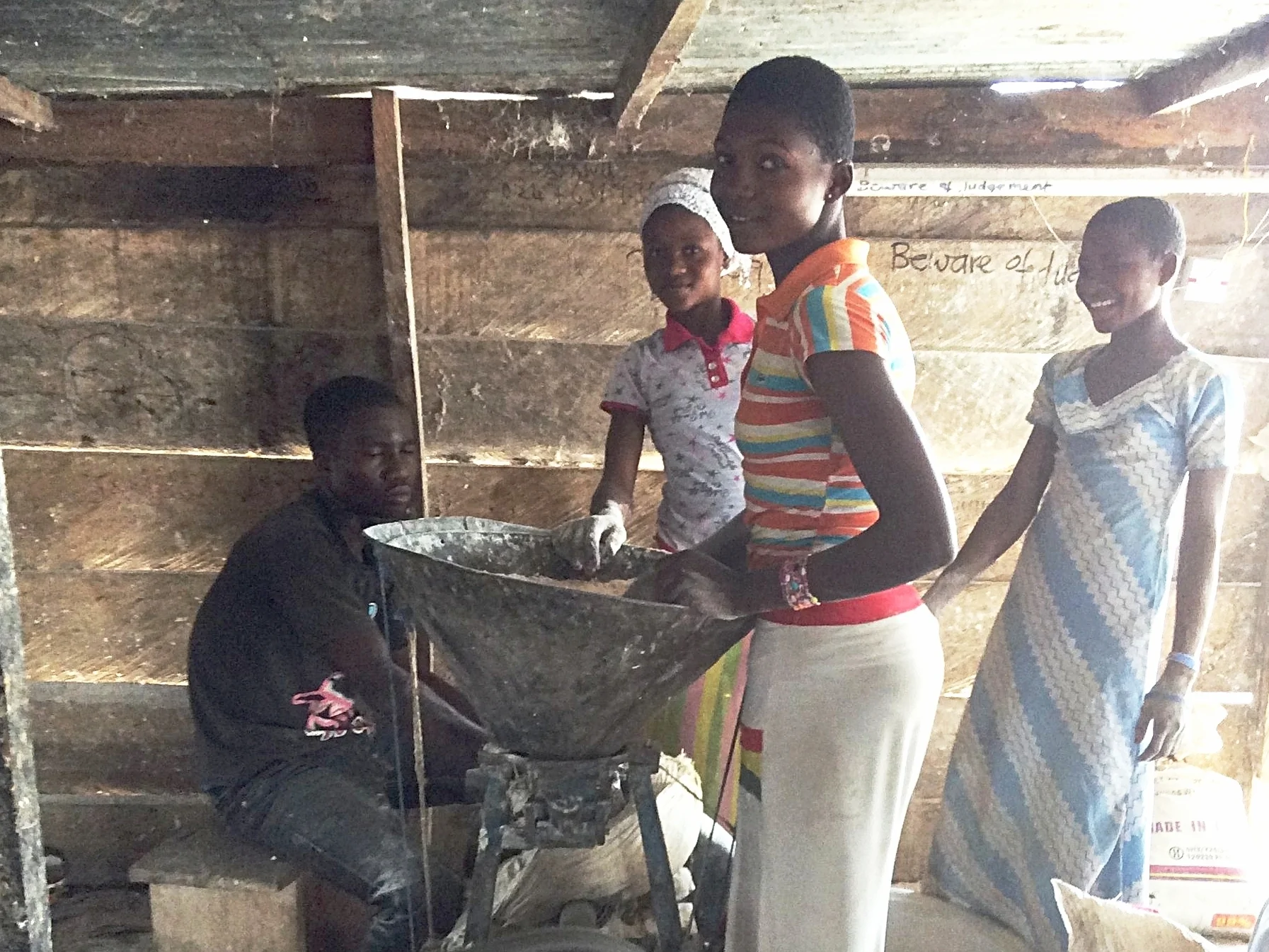Conventional Statistics and (Quasi-)Experiments
in challenging contexts
(Quasi-)Experiments and conventional statistics in mixed impact evaluations help to measure the immediate effects of a particular programme intervention or mechanism across a large population where it is reasonable to expect these effects can be measured and it is useful to know in quantitative terms the extent to which it has been effective (or not).
(Quasi-)Experiments help to assess whether a certain programme or policy intervention or mechanism had the intended effect presumed necessary to achieve sustainable impact. We apply random assignment as well as treatment by self-selection, depending the context and taking into account ethics and participation rights.
Conventional Statistics in challenging contexts require sophisticated sampling and high quality survey data collection techniques and tools, including mobile data collection instruments. They are most suitable for assessing changes in the distribution of impact across large populations, through analyzing impact-level survey data and quantitative datasets made available by partners (e.g. from monitoring).
We employ mixed-designs combining (quasi-)experiments with configurational analysis to stress-test causal hypotheses in complex contexts and generate rich learning.
We conduct sophisticated analyses drawing on conventional statistics to measure the effect contributing to long-term and sustainable impact, and on participatory statistics to unravel the reasons why the intervention or mechanism was more or less effective for certain groups in certain areas and how this affect the inclusiveness and sustainability of impact-level change.





